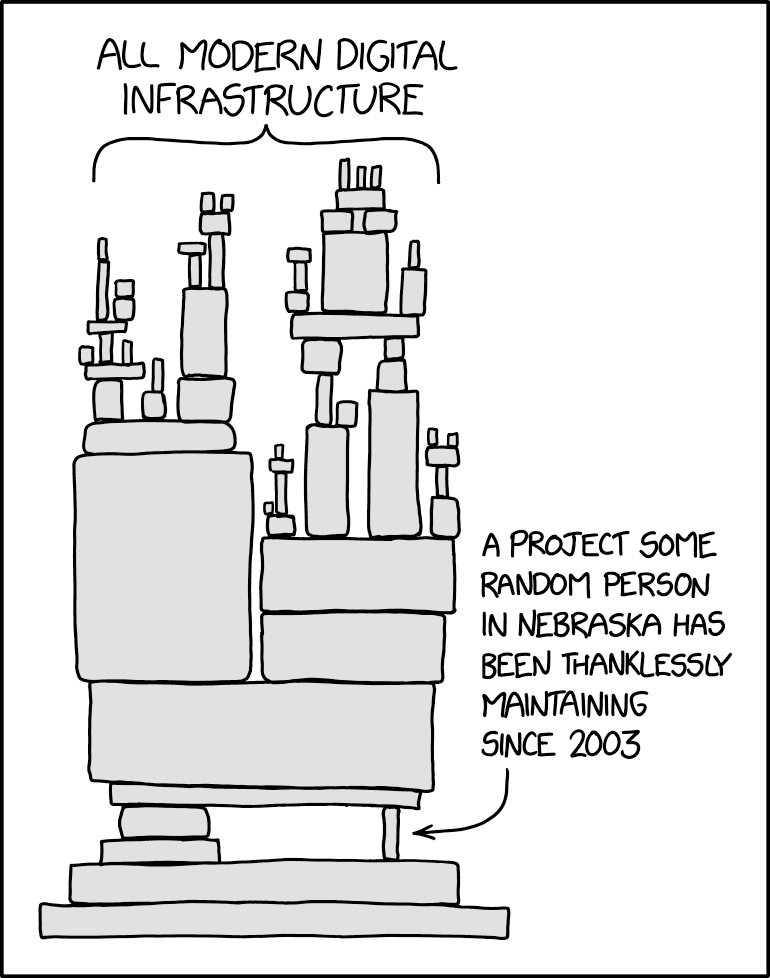
Problematic
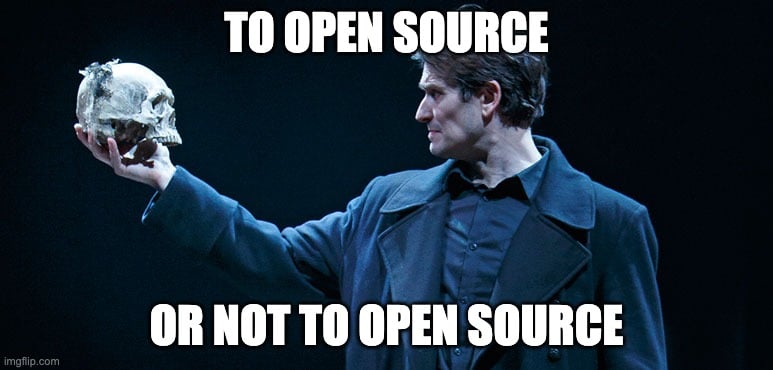
Economically, industrially and democratically a question of life and death...
No internet without digital commons
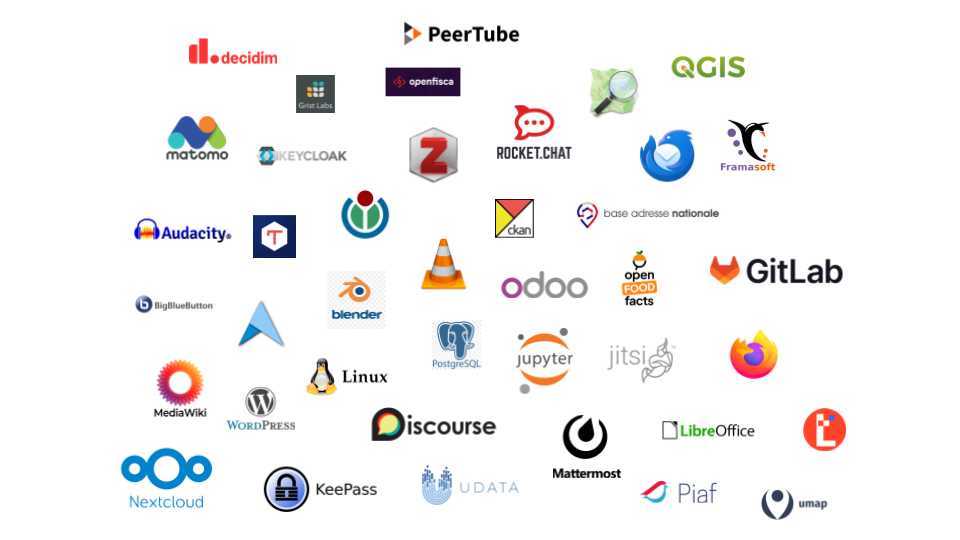
Could public services today do without all or part of the few free tools shown here (absolutely non-exhaustive list)?
These same tools are also themselves based on more or less low layers of a multitude of other open source tools (languages, libraries, databases, standards, etc.).
Some companies whose services rely on these open source building blocks are fully aware of this dependence on an extremely large and diverse eco-system.
Among these companies, some contribute and redistribute the value they generate, others quietly try to re-internalize these building blocks and the people who master them best .
The main issues
- Sustain and improve existing commons
- Helping the emergence of new digital commons
- Develop the contribution to the commons as an economic activity of tis own
- Strengthen advocacy for a society of the commons at a time when the risks of resource exhaustion are increasing
- Anticipate and prevent the risks of loss of digital sovereignty
- Specify the place of public authorities policies in supporting the commons
Main considerations
- The sustainability of digital commons poses infrastructural and strategic, even democratic, challenges
- Many digital commons are invisible because they are in more or less low layers of digital infrastructures
- The economic models of digital commons assume - often - a logic of valorization of services around the commons , therefore assuming to be developed ex-post after significant investments in R&D, in time…
- The economic balance of the commons can be based on very diversified sources of income : donations, subsidies, volunteering, patronage, etc.
- Direct support from public actors can today be available in different forms: calls for projects, subsidies, public procurement, etc.
- The general economy of digital commons and commoners is unique in the economic landscape and is also complex to evaluate
Some questions
- How can we develop the digital commons economy as an essential or even desirable industrial sector ?
- What if we considered “commoners” (contributors to digital commons) as authors , in the sense of copyright?
- What are the examples in recent history that echo these issues?
- What kind of structure should we invent to respond to these challenges?
- If digital companies have understood the strategic and economic interest of the commons on which they have developed, what is the level of awareness of public authorities ?
Attention points
Be wary of business as usual...
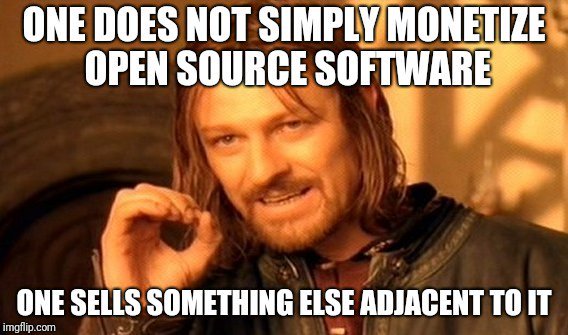
Consolidate the digital commons economy by directly remunerating the authors
Or just shot yourself in the foot
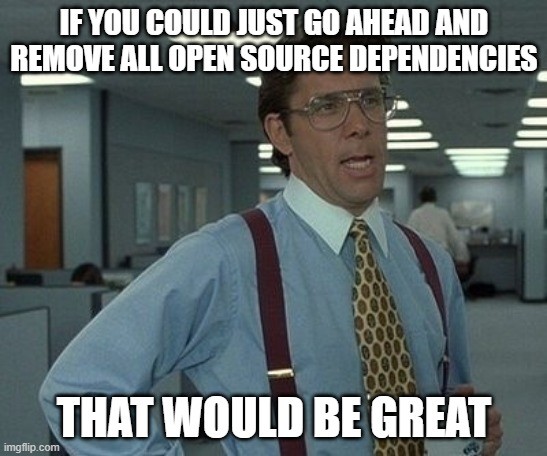
Without digital commons our digital infrastructures will collapse